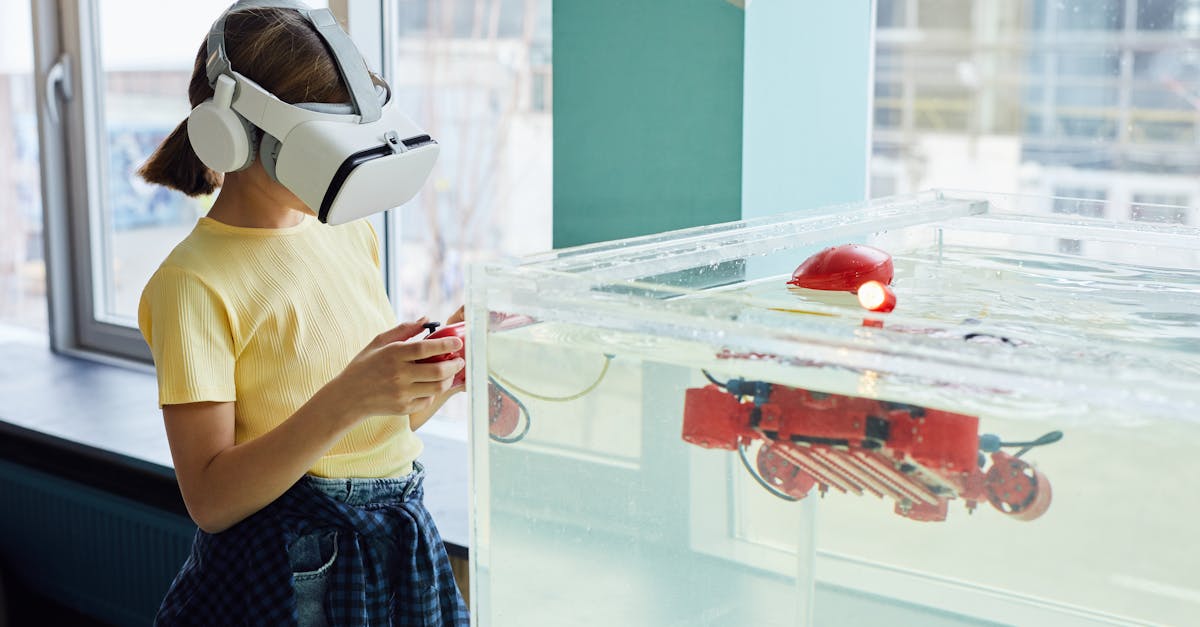
Written by: Alex Chen · Expert in Technology, Personal Finance, Travel
Published: June 25, 2024
We strive to provide well-researched, factual content. If you notice any errors, please contact us.

Virtual reality (VR) technology has been making waves in various industries, including healthcare. In recent years, VR has been increasingly utilized in the healthcare sector to transform patient care and improve outcomes. This article explores the impact of virtual reality in healthcare and how it is revolutionizing the way patients are treated.
One of the key areas where virtual reality is making a significant impact is in medical training. By using VR simulations, medical students and healthcare professionals can practice complex procedures in a safe and controlled environment. This hands-on training experience allows them to hone their skills and improve their competency without putting actual patients at risk.
Another important application of virtual reality in healthcare is in pain management. VR technology has been shown to be effective in reducing pain and anxiety in patients undergoing medical procedures. By immersing patients in virtual environments that distract and relax them, healthcare providers can help alleviate pain without the need for additional medication.
Virtual reality is also being used in rehabilitation and therapy settings to assist patients in recovering from injuries or managing chronic conditions. VR-based exercises and activities can help improve coordination, mobility, and cognitive function in patients. Additionally, virtual reality therapy has been shown to be beneficial in treating mental health conditions such as post-traumatic stress disorder (PTSD) and phobias.
The rise of telemedicine has further expanded the reach of virtual reality in healthcare. With the use of VR headsets and cameras, patients can virtually consult with healthcare providers from the comfort of their own homes. This technology allows for remote diagnosis, monitoring, and treatment, particularly in rural or underserved areas where access to healthcare services may be limited.
While the integration of virtual reality in healthcare offers numerous benefits, it also raises ethical concerns. Privacy and data security are major considerations when using VR technology to store and transmit sensitive patient information. Additionally, the potential for misuse or manipulation of virtual reality simulations for diagnostic or treatment purposes necessitates careful oversight and regulation.
As virtual reality continues to evolve and become more sophisticated, its potential in healthcare is expected to grow exponentially. Researchers are exploring new applications of VR technology, such as personalized treatment plans, immersive surgical simulations, and remote robotic surgeries. The future of healthcare could be shaped by the transformative power of virtual reality.
In conclusion, virtual reality is revolutionizing patient care in the healthcare industry. From enhancing medical training to improving pain management and rehabilitation, VR technology has the potential to transform the way healthcare is delivered. As the field continues to advance, it is crucial for healthcare providers to embrace virtual reality as a tool to improve patient outcomes and provide more effective and efficient care.

Written by: Alex Chen · Expert in Technology, Personal Finance, Travel
Published: June 25, 2024
We strive to provide well-researched, factual content. If you notice any errors, please contact us.